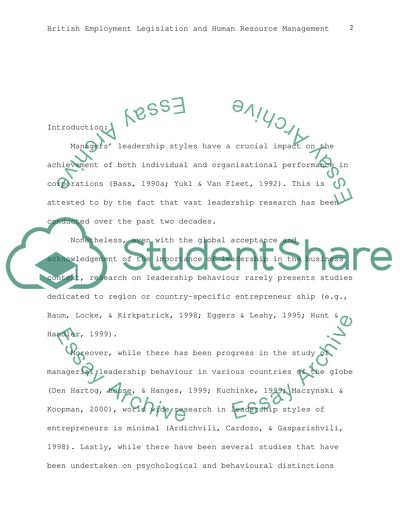Cite this document
(“Does collectivism have a future Drawing on theoretical insights and Essay”, n.d.)
Does collectivism have a future Drawing on theoretical insights and Essay. Retrieved from https://studentshare.org/miscellaneous/1541816-does-collectivism-have-a-future-drawing-on-theoretical-insights-and-the-evidence-critically-evaluate-the-factors-that-determine-its-relevance-for-uk-employee-relations
Does collectivism have a future Drawing on theoretical insights and Essay. Retrieved from https://studentshare.org/miscellaneous/1541816-does-collectivism-have-a-future-drawing-on-theoretical-insights-and-the-evidence-critically-evaluate-the-factors-that-determine-its-relevance-for-uk-employee-relations
(Does Collectivism Have a Future Drawing on Theoretical Insights and Essay)
Does Collectivism Have a Future Drawing on Theoretical Insights and Essay. https://studentshare.org/miscellaneous/1541816-does-collectivism-have-a-future-drawing-on-theoretical-insights-and-the-evidence-critically-evaluate-the-factors-that-determine-its-relevance-for-uk-employee-relations.
Does Collectivism Have a Future Drawing on Theoretical Insights and Essay. https://studentshare.org/miscellaneous/1541816-does-collectivism-have-a-future-drawing-on-theoretical-insights-and-the-evidence-critically-evaluate-the-factors-that-determine-its-relevance-for-uk-employee-relations.
“Does Collectivism Have a Future Drawing on Theoretical Insights and Essay”, n.d. https://studentshare.org/miscellaneous/1541816-does-collectivism-have-a-future-drawing-on-theoretical-insights-and-the-evidence-critically-evaluate-the-factors-that-determine-its-relevance-for-uk-employee-relations.


